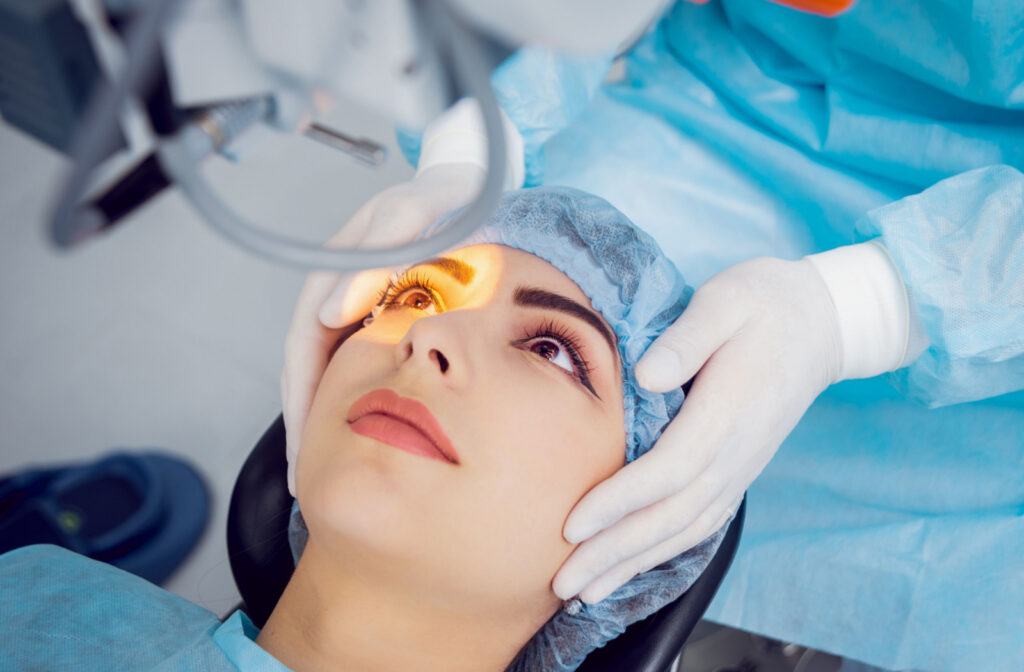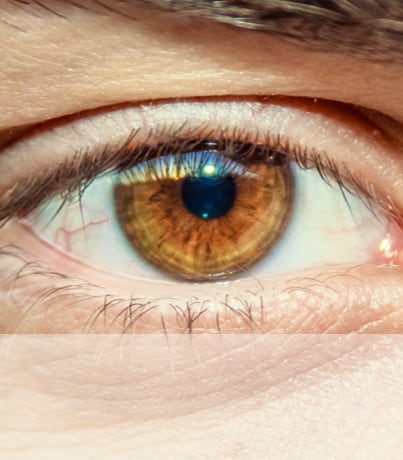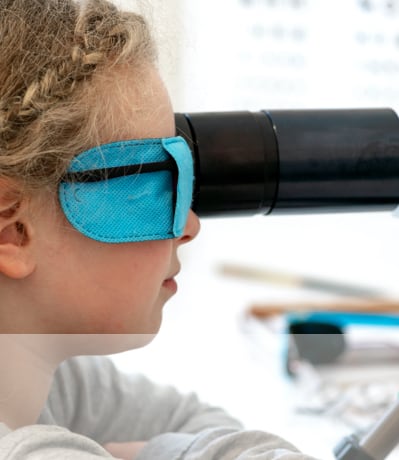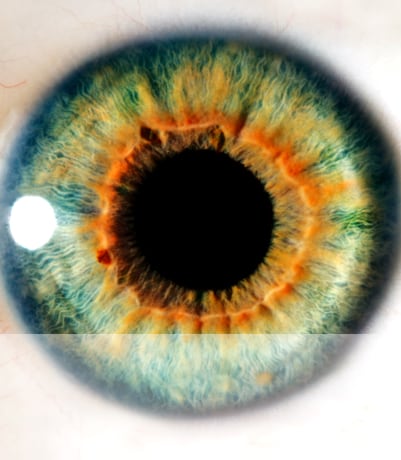Many people rely on glasses or contact lenses to correct their vision and thus experience the world with clarity. However, for some, the discomfort, maintenance, or aesthetic concerns associated with these traditional vision correction methods may lead them to search for alternatives.
Advances in technology and medical research have introduced other options that can offer promising alternatives to glasses and contacts, such as laser eye surgery, orthokeratology, corneal inlays, and implantable lenses. We explore some of these alternatives and their potential impact on your visual well-being.
Laser Eye Surgery
Laser eye surgery offers a viable alternative for those seeking a more permanent solution or lowering their reliance on glasses or contact lenses. LASIK (laser-assisted in situ keratomileusis) is the most popular laser eye surgery procedure.
Laser eye surgery is a refractive surgery that involves reshaping the cornea (the clear front part of the eye), thus improving how light enters the eye, refracts or bends, and focuses directly on the retina (the light-sensitive tissue at the back of your eye) to correct the following refractive errors:
- Nearsightedness: When you have problems with the shape of your cornea or the eyeball is too long, light focuses in front of the retina, causing far-away objects to look blurry.
- Farsightedness: When you have problems with the shape of your cornea or the eyeball is too short, light focuses behind the retina, causing near objects to look blurry.
- Astigmatism: When you have problems with the shape of your cornea or lens (inner part of your eye), you typically experience blurry or distorted vision at any distance.
LASIK is a well-established procedure that involves creating a thin flap on the cornea, lifting it, and using a laser to reshape the underlying tissue and return the flap to heal. LASIK can take 30 minutes, with eyesight stabilizing in a few days.
PRK (Photorefractive Keratectomy) is another surgical option that corrects vision by reshaping the cornea’s surface using a laser after removing its outer layer. While PRK is an older technology compared to LASIK, it offers advantages for individuals with thinner corneas, has reduced risk of flap-related complications, and a potentially lower incidence of dry eye, amongst other benefits.
Refractive surgery can significantly reduce or eliminate the need for glasses or contacts. It is advised to consult an experienced eye doctor to determine whether you are a suitable candidate and to weigh the benefits and risks.
Orthokeratology
Orthokeratology, or ortho-k, is another alternative to glasses. While it uses contact lenses, it does so only at night. Ortho-k is a process that reshapes your cornea while you sleep.
Ortho-k involves using specialized rigid contact lenses worn at night to reshape the cornea. These lenses gently flatten the cornea’s curvature, providing clear vision during the day without needing glasses or contacts.
The effect is not permanent, so regular nightly use of the lenses is necessary to maintain improved vision. Once you stop wearing them at night, your cornea can revert to its original shape.
Ortho-k is particularly popular among those who are not ideal candidates for laser eye surgery or are hesitant about a surgical procedure. It’s reversible and noninvasive, making it suitable for children to help manage myopia progression.
Implantable Lenses
Another alternative to glasses and contacts is implantable lenses. One such implantable collamer lens is the phakic intraocular lens (pIOL), which is permanently placed in the eye while maintaining the natural lens.
Phakic IOLs may be an option when corneal refractive surgery is not suited. As with any surgical procedure, it’s vital to consult a qualified optometrist and have a complete exam to determine if you are a suitable candidate and to assess the potential risks and benefits.
Corneal Inlays
Corneal inlays may offer a potential alternative to wearing reading glasses or contact lenses for those who struggle with presbyopia—an age-related refractive error impairing one’s near vision. Corneal inlays are implants placed in the cornea to improve close-up vision.
Corneal inlays work by increasing the depth of focus, allowing you to see objects clearly at different distances. The procedure for corneal inlays is minimally invasive, takes a short time, is reversible, and is placed in one or the non-dominant eye only. Speak to your eye doctor about eligibility, benefits, and complications.
Modern Vision Correction
While glasses and contact lenses have long been the go-to options for vision correction, it’s reassuring to know alternatives are available. From refractive surgeries like LASIK to non-invasive methods like ortho-k and corneal inlays, advancements in vision correction technology have opened up new possibilities for many individuals.
Since each alternative has unique advantages and limitations, and the suitability of these options varies from person to person, it’s essential to consult with your eye doctor to determine the most appropriate course of action for your individual needs and visual health.If you’re considering an alternative to your glasses or contact lenses, book an appointment at Bettner Vision to discuss which vision correction method may be best suited for your unique eyes and lifestyle.







